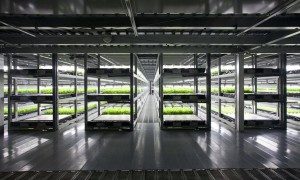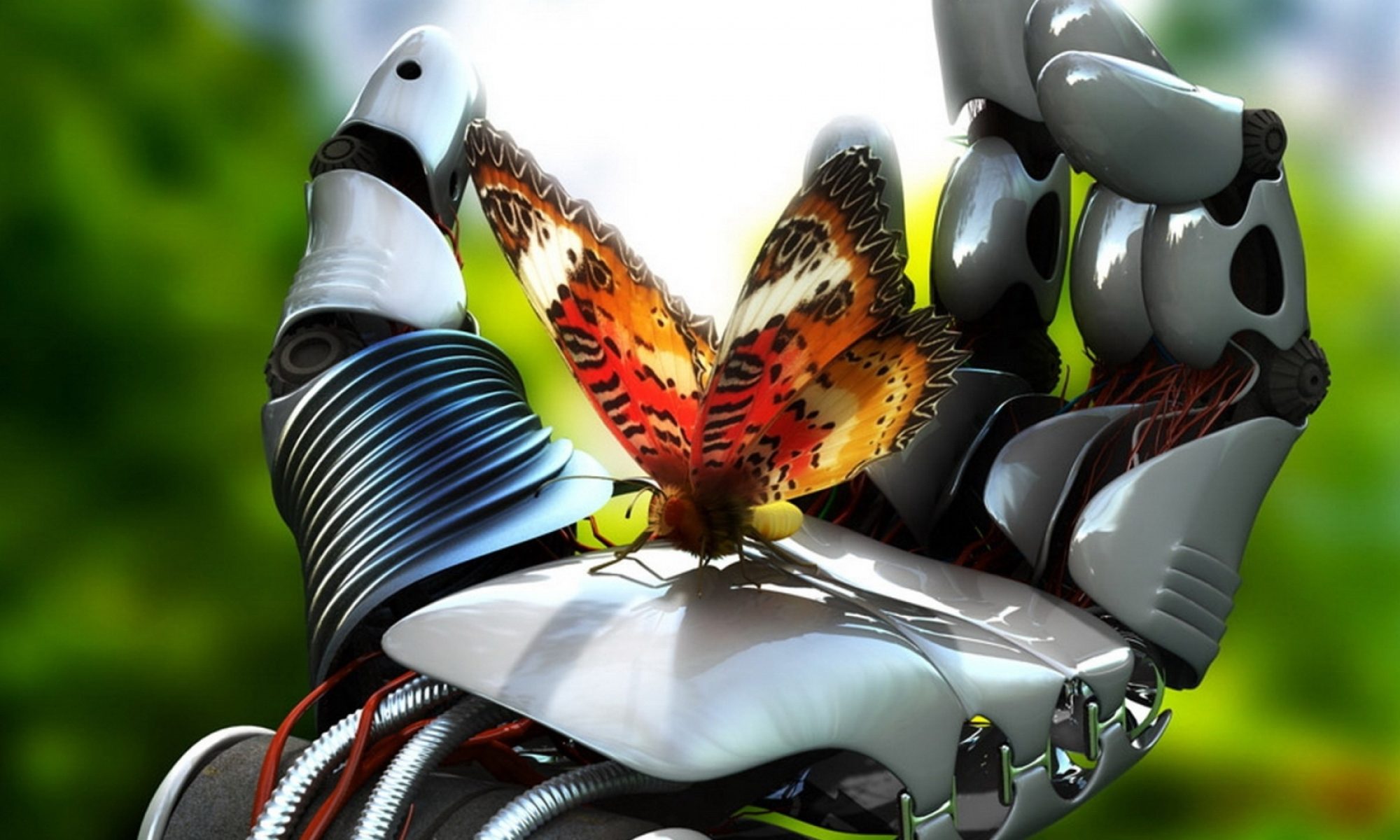Japanese sustainable vegetable producer, Spread, is creating the world’s first farm manned entirely by robots at its new facility in Kyoto, set to open in 2017. Instead of relying on a crew of human farmers, the indoor Vegetable Factory will employ robots that can harvest 30,000 heads of lettuce every day. The move comes in response to rising concerns in Japan that an aging population will result in a labor shortage. To circumvent this disaster, government and tech industries are furthering the development of robotics to replace human farm laborers.

According to J.J. Price, a spokesperson for Spread, “Our mission is to help create a sustainable society where future generations will not have to worry about food security and food safety.” He says, “This means that we will have to make it affordable for everyone and begin to grow staple crops and plant protein to make a real difference.”
Price speaks for many experts. There’s a global concern that the current global food production paradigm is unsustainable. The U.N. estimates that by 2050 we’ll need to sustainably produce 70 percent more food by calories than we do now in order to keep up with population growth. The problem is that there will be less land for farming as the planet’s population grows. Another factor is that farmers are aging globally as younger generations migrate to cities, largely because a productivity boom over the last century has kept food prices low, making farming unattractive economically.
The Vegetable Factory is part of the growing agricultural trend of vertical farming, where farmers grow crops indoors without natural sunlight. Instead, they rely on LED light and grow crops on racks that stack on top of each other. This arrangement can reduce labor costs by 50%, cut energy use by 30%, and recycle 98% of water needed to grow the crops.
The majority of the farm bots will be articulated arms that work around a conveyer belt running throughout the 4,400 square meter farm, with floor-to-ceiling shelves growing pesticide-free lettuce. The robotic arms will transfer and replant seedlings and perform all harvesting. The smart farm will automatically optimize temperature, humidity, and CO2 levels. The new farm will be an upgrade to Spread’s existing plant in Kameoke, Japan. That farm produces 21,000 head of lettuce per day with a small staff of human employees.
Automated farms are the future of farming. Tech giants including Panasonic, Toshiba, and Sharp are currently experimenting with their own robotic farming solutions.
